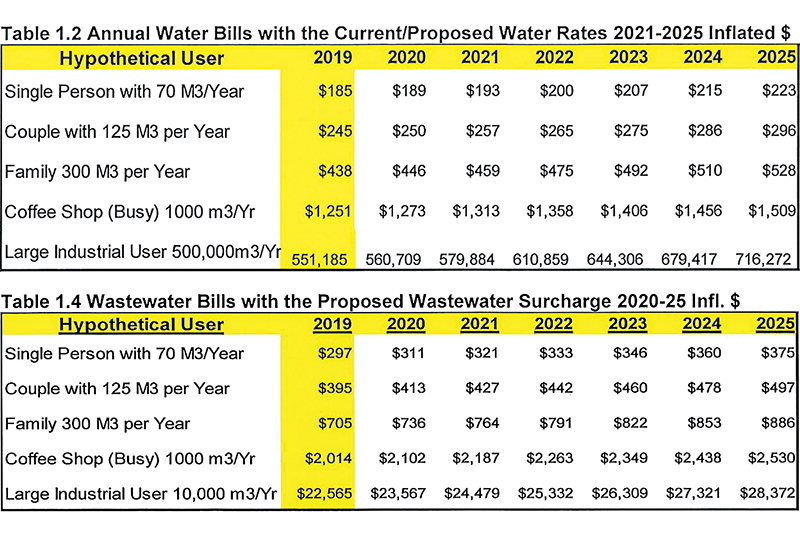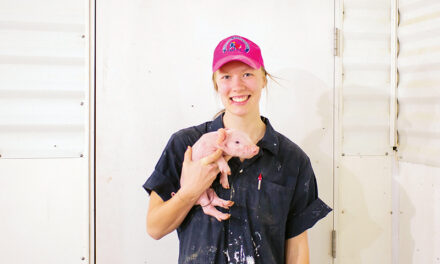Courtesy Photos
NORTH DUNDAS – The future is always about to become the present and the North Dundas council has decided to meet the future head on when it comes to the townships’ water and wastewater needs.
According to a study conducted by Sharratt Water Management Ltd. much needs to be planned for.
Their study suggested the population of North Dundas, who are hooked up to the drinking water and wastewater treatment system, will increase from a 2019 number of 4,355 to 8,399 in about 20 years.
When you plug that population increase over time into the existing water and sewer infrastructure it turns out that there will be problems in servicing that many people.
Capital investment, meaning building more water infrastructure and looking after it costs money and is necessary.
The water study stated: “The technical memorandum for the water and wastewater servicing upgrades has identified the need for infrastructure improvements to accommodate growth to the year 2040 within the villages of Winchester and Chesterville.”
The study indicated charges for capital projects, for example an apartment building or large industrial building will have to increase.
In 2019 the cost of connecting water services to the township was around $5,223 for a single unit. The new capital rate voted on Jan. 20 raises that cost to around $6,500. This increase is just a starting point for future increases as the need arises.
“That would be for someone applying to build and be connected to our water system,” said Mayor Fraser. Buildings and industry would use the building code to figure out what their cost to connect would be.
Capital charges pay for capital projects the municipality will need as it grows.
For homeowners already connected to the system the increases are more modest. On average, water and sewage charges go up by around $30 a year or $427 for 2021 for a couple, and a family goes up to $764 from $736.
The study identifies approximately $35 million needed for additional water infrastructures. This number does not include approximately $10 million for water capacity expansion either through wells or connecting to another municipality’s water supply such as South Dundas.
The increases do not represent a crises in the world of water and sewer in North Dundas, but is a pragmatic view of future growth and how to pay for it.

Joseph Morin is the Editor of the Eastern Ontario AgriNews, and the Record. He is, despite years of practice, determined to eventually play the guitar properly. He has served the Eastern Ontario community as a news editor, and journalist for the past 25 years with the Iroquois Chieftain, Kemptville Advance, West Carleton Review, and Ottawa Carleton Review in Manotick. He has never met a book he did not like.









